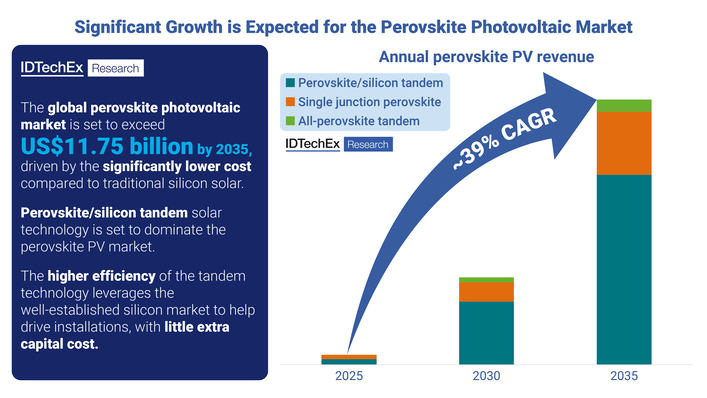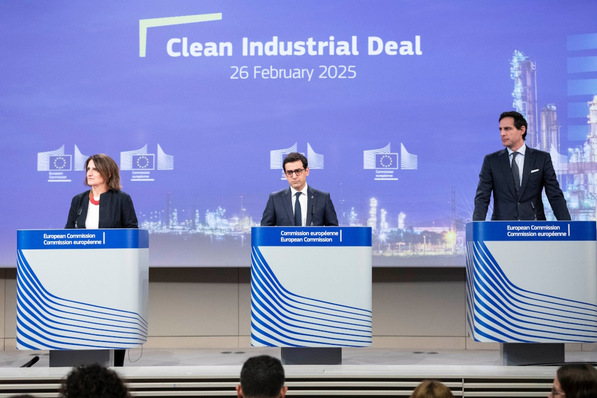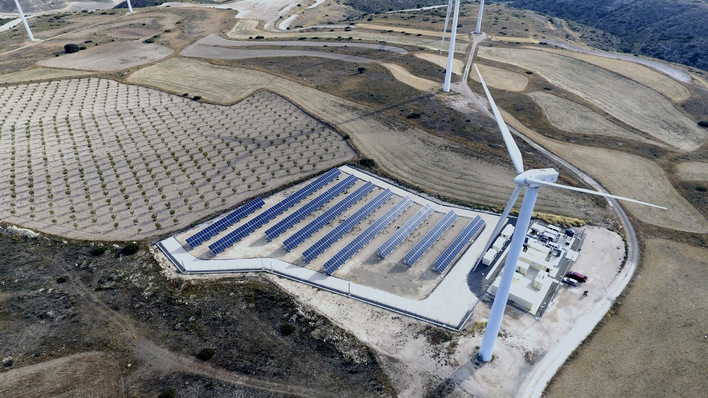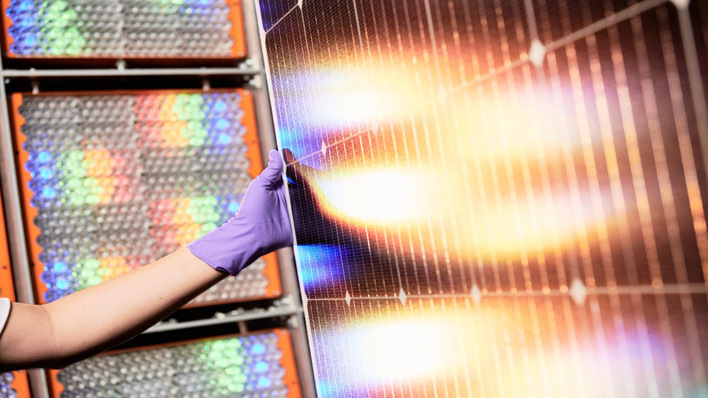The Chemnitz-based module manufacturer Heckert Solar, the photovoltaic wholesaler Wattkraft and the glass manufacturer Interfloat have big plans for the expansion of solar production in Germany. The three companies will invest a total of two billion euros within the next two years in setting up several production sites along the entire value chain for solar modules.
Prefabrication in Brandenburg factories
At the beginning of the value chain, for example, existing buildings will be modified for the production of solar cells at the site in Frankfurt/Oder. A polysilicon production facility and a solar wafer production facility with a production capacity of five gigawatts are also to be built here.
See also: Meyer Burger wins EU funding for a 3.5-gigawatt production increase
In addition, a factory for the production of solar glass is being built in Brandenburg an der Havel. According to the project partners, this is where the first low-iron textured solar glass will be produced, which will also be completely antimony-free.
Expanding the module plant in Thuringia
At the end of the combined value chain that the three companies want to build together, these preliminary products are to be processed into solar panels in a new module factory. To this end, Heckert Solar's site in Langenwetzendorf, Thuringia, will be expanded. The plan is to expand an existing production hall and build another hall to increase production capacity to 2.8 gigawatts per year.
90 per cent of value added in Germany
The goal of the three partners in the consortium is to keep at least 90 per cent of the value added in Germany. In this way, the companies want to have more influence on the further development of modules and solar cells, but above all they want to become more independent from global suppliers. Only in this way will it be possible to create a resilient and diversified module production in Germany and also in Europe, the consortium partners explain their commitment.
Developing sustainable modules with high output
This will secure technological development. Thus, one of the goals is not only to establish a production chain in Europe, but also to develop and launch a solar module in the upper class. The partners have in mind a glass-glass module that achieves an efficiency of 24 per cent due to new cell technologies.
Also interesting: New centre for solar module recycling in Münster in Germany
This product should then also guarantee a CO2 footprint of less than 18 grams per kilowatt hour and comply with the highest environmental, social and sustainability (ESG) standards. It should also ensure consistently high quality products at lower production costs.
Don’t want to miss out? Remember to sign up for our newsletter!
The three companies are launching their initiative as part of an expression of interest procedure of the Federal Ministry of Economics and Technology. The aim is for manufacturers to submit their plans for the development and expansion of the solar industry in Germany. Based on these submitted plans, the Federal Ministry of Economics then awards financial support for the implementation of the plans. (su/mfo)








